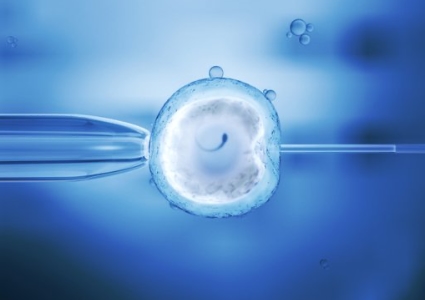Polling

Human cloning

The Assisted Reproductive Technology (ART) industry was created to help infertile couples conceive children. About 11% of American couples are infertile and about 1% of all births require ART. With California leading the way in this $4 billion/year industry, there were about 435,426 ART cycles performed at 457 fertility clinics in 2022, resulting in more than 95,000 live born infants. The success rate for ART cycles ending in live-birth delivery was approximately 37.5% in 2024. This private, self-regulated industry offers couples a variety of ART techniques including in vitro fertilization, embryo transfer, gamete intra-fallopian transfer and artificial insemination. Fertility clinics sell the eggs, sperm and expertise needed to treat couples with infertility conditions. Many of these clinics now offer gender determination services where a couple may select the sex of their child. Rapid advances in genetic technology may one day soon give parents the option of modifying their unborn children to protect them from acquired or inherited diseases.
Supporters claim this technology could also conceivably be used to make children tall, muscled, blue eyed, intelligent or possess any other trait a parent may consider desirable. Opponents claim it is unethical to remove, implant or alter the genes of an unborn human being, saying such efforts revisit the Nazi specter of eugenics which held that selective breeding could improve the human race. They claim there is no way to test this technology without endangering and sacrificing many lives, since the degree of success of such procedures often can’t be assessed until the subjects grow and age. There is no specific federal law that bans human cloning. However, federal funding for both reproductive and therapeutic cloning is prohibited, which effectively limits research conducted with government money.
Proposed Legislation: Reintroduction of H.R.3498 - Human Cloning Prohibition Act of 2015
Prospective Sponsor: Rep. Andy Harris (MD)
Supporters claim this technology could also conceivably be used to make children tall, muscled, blue eyed, intelligent or possess any other trait a parent may consider desirable. Opponents claim it is unethical to remove, implant or alter the genes of an unborn human being, saying such efforts revisit the Nazi specter of eugenics which held that selective breeding could improve the human race. They claim there is no way to test this technology without endangering and sacrificing many lives, since the degree of success of such procedures often can’t be assessed until the subjects grow and age. There is no specific federal law that bans human cloning. However, federal funding for both reproductive and therapeutic cloning is prohibited, which effectively limits research conducted with government money.
Proposed Legislation: Reintroduction of H.R.3498 - Human Cloning Prohibition Act of 2015
Prospective Sponsor: Rep. Andy Harris (MD)
Suggestion
Poll Opening Date
November 3, 2025
Poll Closing Date
November 9, 2025
